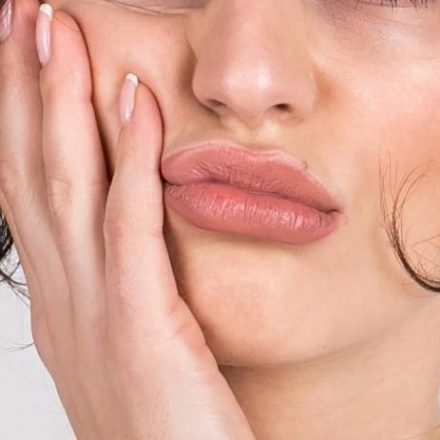
Bruxism (Grinding and Clenching Teeth):
Grinding and clenching, collectively known as bruxism, is extremely common. In bruxism, most of the grinding and clenching happens at night while you sleep. Because of this, most people do not even realise they have this problem. Your dentist can often be the first to notice the symptoms of tooth grinding.
Grinding and clenching can wear away at your teeth slowly but surely, leading to a variety of other problems. Inside your mouth, it can crack or break fillings and teeth, cause the teeth to become more sensitive, and cause pain in your jaw joints (TMJ disorder). It can also affect areas beyond the mouth, possibly giving you pain in your face, ears, neck, back, and temples. If you have any of these symptoms, please let our dentists know at your next appointment.
The causes of bruxism are not widely agreed upon by dentists. Some experts believe it is a simple learned habit, some think that it is related to stress, while others consider it a sleep disturbance disorder. It may also be caused by poor alignment of the upper and lower teeth, or poor alignment of the jaw joints. Some cases might be a side effect of certain types of medicines, particularly antidepressants. However, in almost all cases, it is usually a combination of several of the above reasons.
Due to the multiple causes of bruxism, there are many possible treatments. If you are diagnosed with bruxism, our dentists may prescribe a custom made mouthguard to be worn while sleeping. These are different from sports mouthguards and are designed specifically to prevent tooth wear from grinding. Other treatments can include medication, counselling or psychotherapy to reduce stress, lifestyle changes to improve the quality of sleep, or orthodontic treatment to align the teeth and jaws. Some treatments for grinding may go beyond the scope of dentistry, but our dentists can assist in pointing you in the right direction towards the appropriate specialists.
